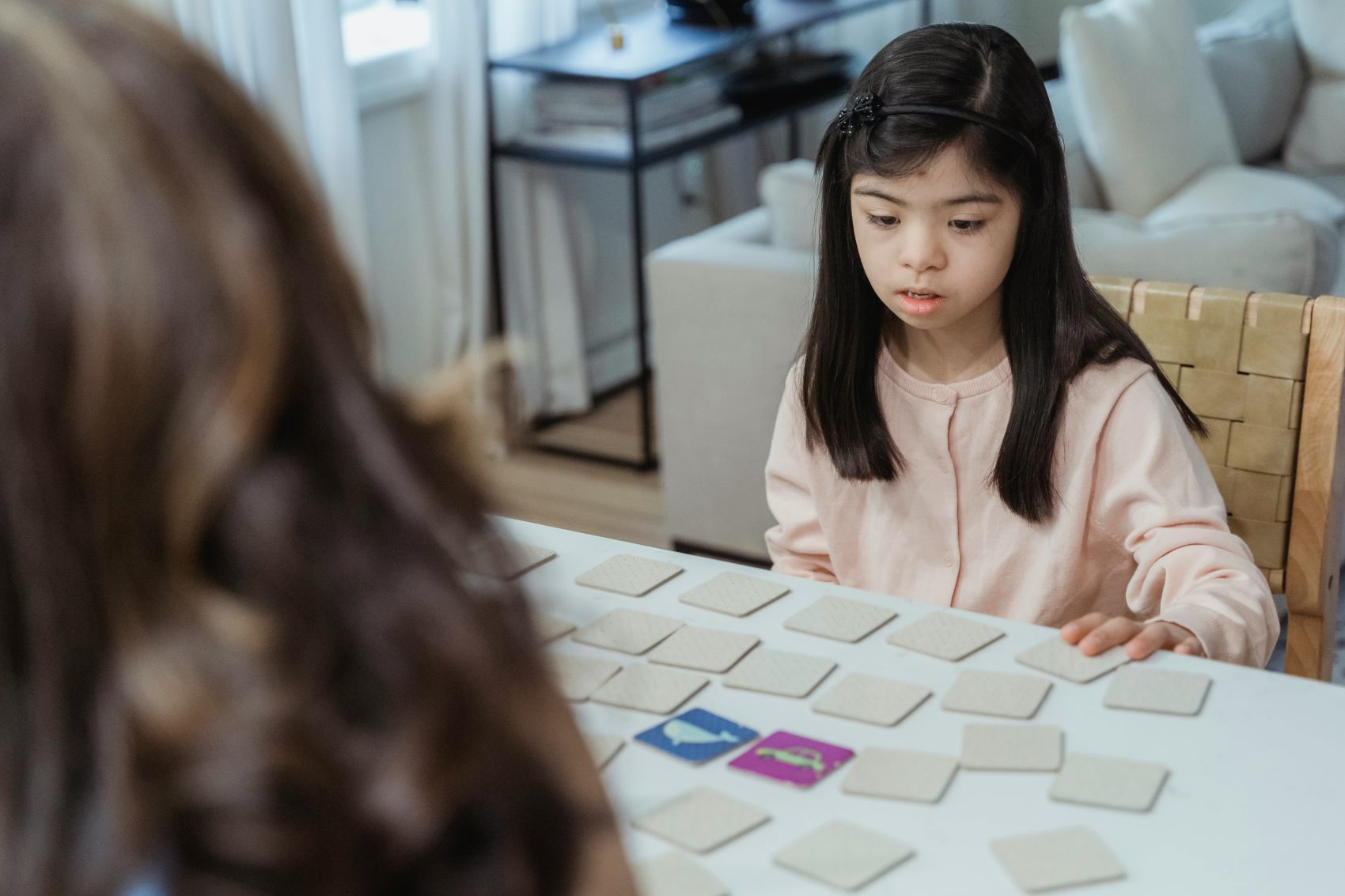
Down Syndrome Developmental Milestones Checklist
Everyone looks forward to watching their child hit the big milestones when they’re little. While every child may be different, some parents, school administrators, and teachers have questions about how those milestones change in a child with Down Syndrome.
Pediatric Therapeutic Services (PTS) works alongside schools to help children with disabilities, including Down Syndrome, get the support they need to thrive and reach those critical milestones. Learn more about developmental milestones for children with Down Syndrome below.
Expectations and Developmental Milestones for Children with Down Syndrome
Developmental milestones, beginning at just a few months old, help chart a child’s social and motor skills as they age and where they should be at that point in their life. Children with Down Syndrome experience some developmental differences from other children in the first six years of life.
Knowing that these developmental milestones change for children with Down Syndrome can help parents and teachers prepare and offer support along the way.
Down Syndrome Developmental Milestones
This checklist highlights important social, language, self-help, and motor skill development milestones for children with Down Syndrome compared to their peers. Every child is different, and there may be some variation in these milestones. It is normal for all children to develop a little differently than one another. 1
|
Milestone 1 |
Children with Down Syndrome |
Children without Down Syndrome |
|
Sits Up Independently |
6 months to 36 months |
5 months to 6 months |
|
Crawls |
8 months to 22 months |
6 months to 12 months |
|
Stands Up on Their Own |
12 months to 39 months |
8 months to 17 months |
|
Walks Independently |
12 months to 48 months |
9 months to 18 months |
|
First Word |
12 months to 48 months |
12 months to 24 months |
|
Uses Two-Word Phrases |
24 months to 90 months |
15 months to 32 months |
|
Smiles Responsively |
1 month to 5 months |
1 month to 3 months |
|
Finger Feeding |
10 months to 24 months |
7 months to 15 months |
|
Uses a Spoon |
13 months to 39 months |
12 months to 20 months |
|
Bowel Control |
24 months to 32 months |
9 months to 18 months |
|
Can Drink from a Cup Unassisted |
12 months to 32 months |
9 months to 18 months |
|
Can Dress Self Unassisted |
42 months to 102 months |
39 months to 60 months |
Physical, occupational, and speech therapy services can help children with Down Syndrome reach these milestones. Schools that partner with PTS can offer these services during school, helping children access their education, socialize with their classmates, and better interact with a classroom environment.
Therapists who work alongside PTS use a whole-child approach, which takes into account a child’s developmental milestones, academic goals, and more in order to provide the right support levels.
Helping Children with Down Syndrome Reach Milestones in School
Knowing when a child reaches certain milestones can help parents, educators, and administrative staff better understand a child with Down Syndrome’s needs and what services are best to offer. Therapists and schools that work alongside PTS will have access to resources that help children with Down Syndrome stay involved in their education and better socialize with their peers. Learn more about partnering with PTS today.
- https://ndss.org/resources/early-intervention



